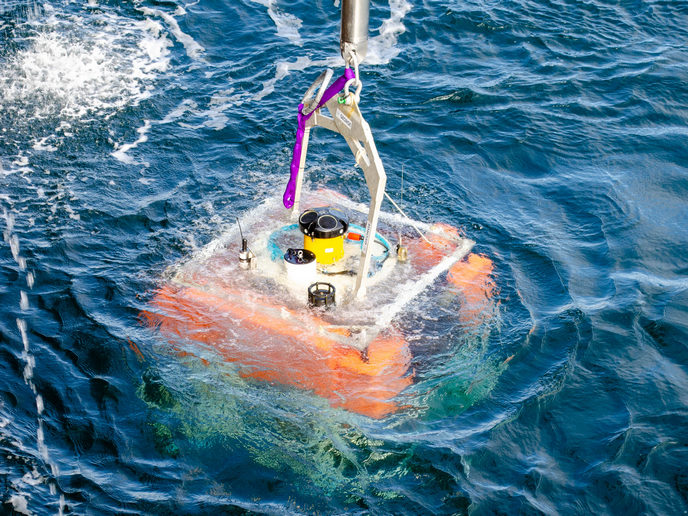Reviewing the environmental impact of pharmaceuticals
The increasing consumption of pharmaceutical products (PPs) constitutes a serious environmental hazard. There are certain PPs or their metabolites which do not get eliminated through conventional biological treatment and as a result enter the soil and water supply. This increases exposure and may prove detrimental for human, animal and plant health. Prior relevant research failed to pinpoint the potential problems related to the effects of PPs on the environment. This is where the EU-funded initiative ‘Knowledge and need assessment on pharmaceutical product in environmental waters’ (Knappe) came in to review the current status on PPs. The project considered the PPs’ life-cycle and proposed an approach from manufacturing to environmental exposure. More specifically, consortium members examined the presence of PPs in the aquatic environment and established indicators for the contamination source. They also assessed the efficiency of wastewater treatment plants (WWTPs) and devised strategies to improve their performance. Furthermore, they reviewed and evaluated the European regulatory framework and any opportunities for reduction of PP discharge. Finally, the potential effects of PPs on human, aquatic and terrestrial organisms were investigated and, through workshops, the consortium disseminated relevant information to stakeholders. Overall, the Knappe consortium activities highlighted issues related to the presence of PPs in the environment. Application of the project deliverables will facilitate the set-up of environmental risk assessment and the implementation of cleaner technologies to reduce the concentration of PPs in the environment.







